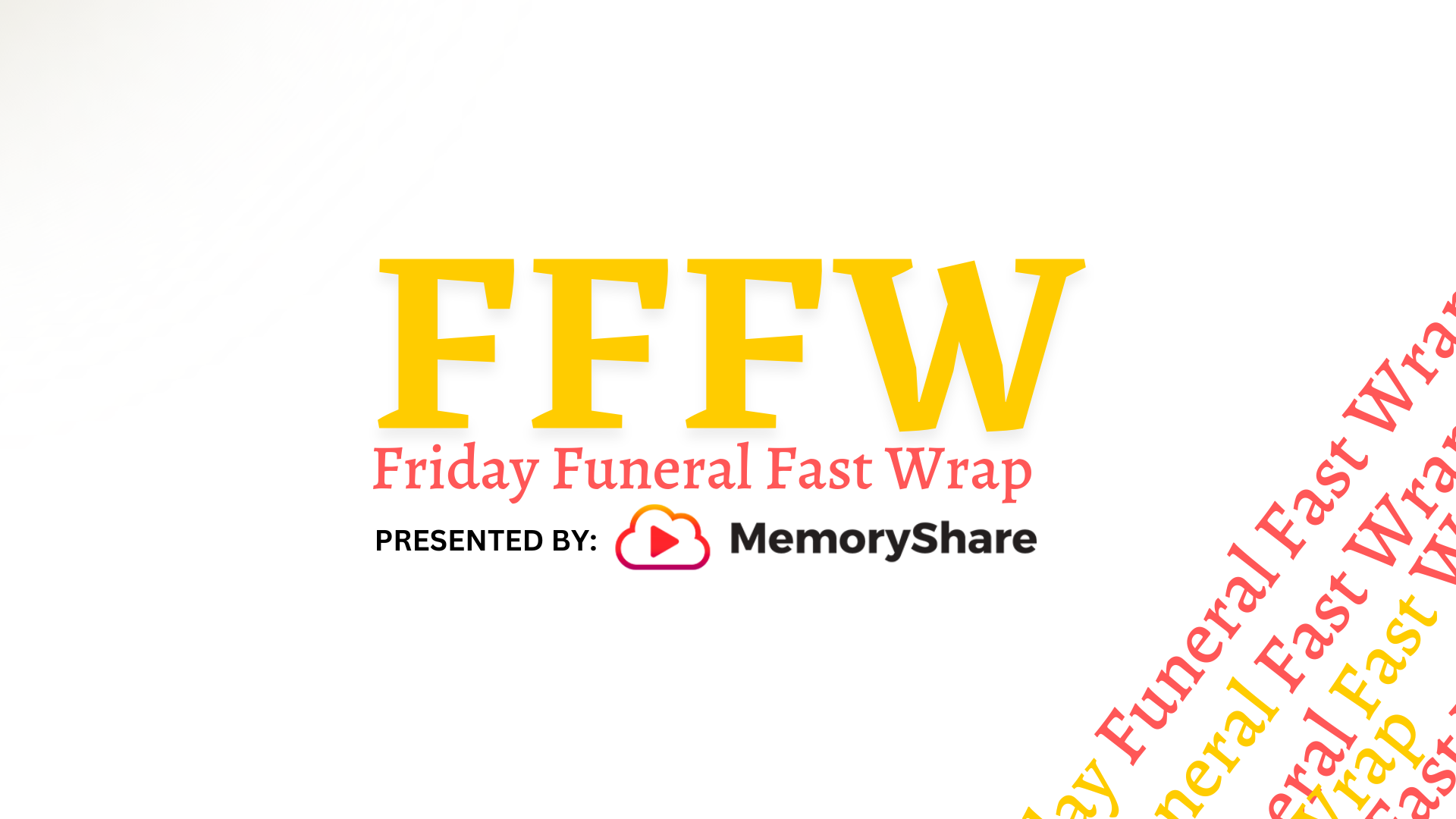The 4 Traits of a Customer-Centric Funeral Director
Article provided by: CRäKN
CRäKN spoke with Melissa Sullivan, Executive Director of the Ohio Funeral Directors Association (OFDA). During our conversation, we spoke about trends in funeral service, and how funeral professionals can start to strategize and implement change today and in the future. Read on to see the 4 characteristics that successful, customer-centric funeral directors have today.
1. Adaptability.
Like many service professions, funeral professionals face a similar challenge today. “Remaining relevant is a necessity, although you can also think of it as an opportunity,” says Sullivan. Not only do funeral professionals need to stay current, Sullivan argues, but they also need to be forward-looking.
And part of that adaptability is really just a mindset shift. “Adapting to the changing generational differences and the needs of their families that they’re serving today, and tomorrow – this is the real opportunity,” says Sullivan. Given the diversity of families, this is a commitment, but it is one that will benefit funeral homes willing to continually change to meet families’ needs.
2. Creativity.
“Meeting a families’ needs and adapting to differences is being [more open to] unique services,” says Sullivan. “Part of the challenge is to be nimble, be creative and provide a transformational experience for the families.”
Even if a funeral home has never done it before, it might mean being open to the idea of expanding the team or making investments in new offerings. For example, it might mean having a celebrant, a therapy dog, video offerings, customized urns, or another more innovative way of supporting families. Even though families may have their differences, what is common across families is that many are looking for more genuine, personalized experiences. “Today and tomorrow, [families are] going to look for uniqueness and personalization.” Sullivan also points out that families don’t always know what to expect, and it is up to funeral directors to showcase new and creative ways for families to memorialize and honor loved ones.
3. Open-mindedness.
One factor that’s not going away any time soon is how busy families are. A byproduct of this is the increasing desire from families for an integrated experience from a funeral home – an experience that offers them a range of services and support, all in one place. “[Families’] lives are very hectic and if somebody can go an extra step for them, then great.”
Forward-looking directors are going to try to push the boundaries on just how much they offer families. “Providing a multitude of in-place services is going to be important, and if you’re not able to provide a certain service, maintain a list of providers that could offer those services. Anything you can think that the individual might need during that time. You want to be a one-stop solution. You are able to make their life a little easier this way,” says Sullivan.
It might take a bit of time to test or experiment with what’s needed and wanted by enough families to be sustainable or profitable, but directors with an open mind will find more success than those unwilling to think in this manner. When it aligns with a firm’s staff and operations, it’s also an opportunity to extend the support and experience with families and capture additional revenue. “Inclusive services can be of tremendous value to the family and an added benefit for the funeral home.”
4. Empathy.
Funeral directors willing to empathize with families will see more room for growth and opportunity than those who don’t take the time to do so. Consider the journey families have when they are looking for resources about funerals, for example. Imagine the following scenario that happens each day: “You receive a phone call with that family who is inquiring about services. As soon as you end the conversation, you send them an email. In that email, there is a ‘to-do’ list, explanation of the arrangement process and a direct link to your website outlining costs, options, etc. If they do not have guidance when they visit your website, it can be overwhelming.” says Sullivan.
However, if your website is a rich resource of information, written in a way that consumers can understand and use as a guide, you’re adding value for that family at a key point in their relationship with you and alleviating some of the fear and unknown. But to understand what they need, you have to know more about what they are thinking and feeling. In this example Sullivan provides, a funeral director may be able to deliver information to a family in multiple ways – and may even be able to educate them about a product they wouldn’t have even considered otherwise.
If a director is able to map out part of a family’s experience, they can spot opportunities or areas their firm can change or improve. Sullivan challenges funeral directors to ask themselves, “What’s the experience a family has with your firm if they’re up all night, blindly searching the Internet and looking for funeral information or guidance?”
Funeral directors who can imagine and empathize with a family are the ones who can see better ways of engaging and connecting with the families they serve. “Then you can better understand what that individual looks like, and what they’re looking for.”
About Melissa Sullivan & the Ohio Funeral Directors Association
Melissa S. Sullivan is the Executive Director at the Ohio Funeral Directors Association. For more than one hundred years, funeral directors throughout Ohio have counted on the Ohio Funeral Directors Association as they’ve reached out to families in grief. As one of the largest state associations for funeral directors in the nation, OFDA has become a conduit for promoting the funeral profession and a vital link between members. More than 1,000 Ohio funeral homes are part of the OFDA family, benefiting from a host of special services tailored exclusively for them. Find out more at OFDAonline.org.
How Customer-Centric & Forward-Looking is Your Firm?
Staying abreast of emerging trends is an important part of running a successful business that can evolve as needed. Drawing insights on emerging trends—like those included in CRäKN’s latest Consumer Tech Trends Report —can influence how to train staff, how to hire, and where you’ll invest resources in growing your firm. Download the free Consumer Tech Trends Report today to get more knowledge about the top 5 consumer trends will help you stay ahead of the competition.
About CRäKN
We help funeral professionals save time, prevent duplicate work & reduce errors. Focus on the family, let us focus on helping you. Request a demo today!




